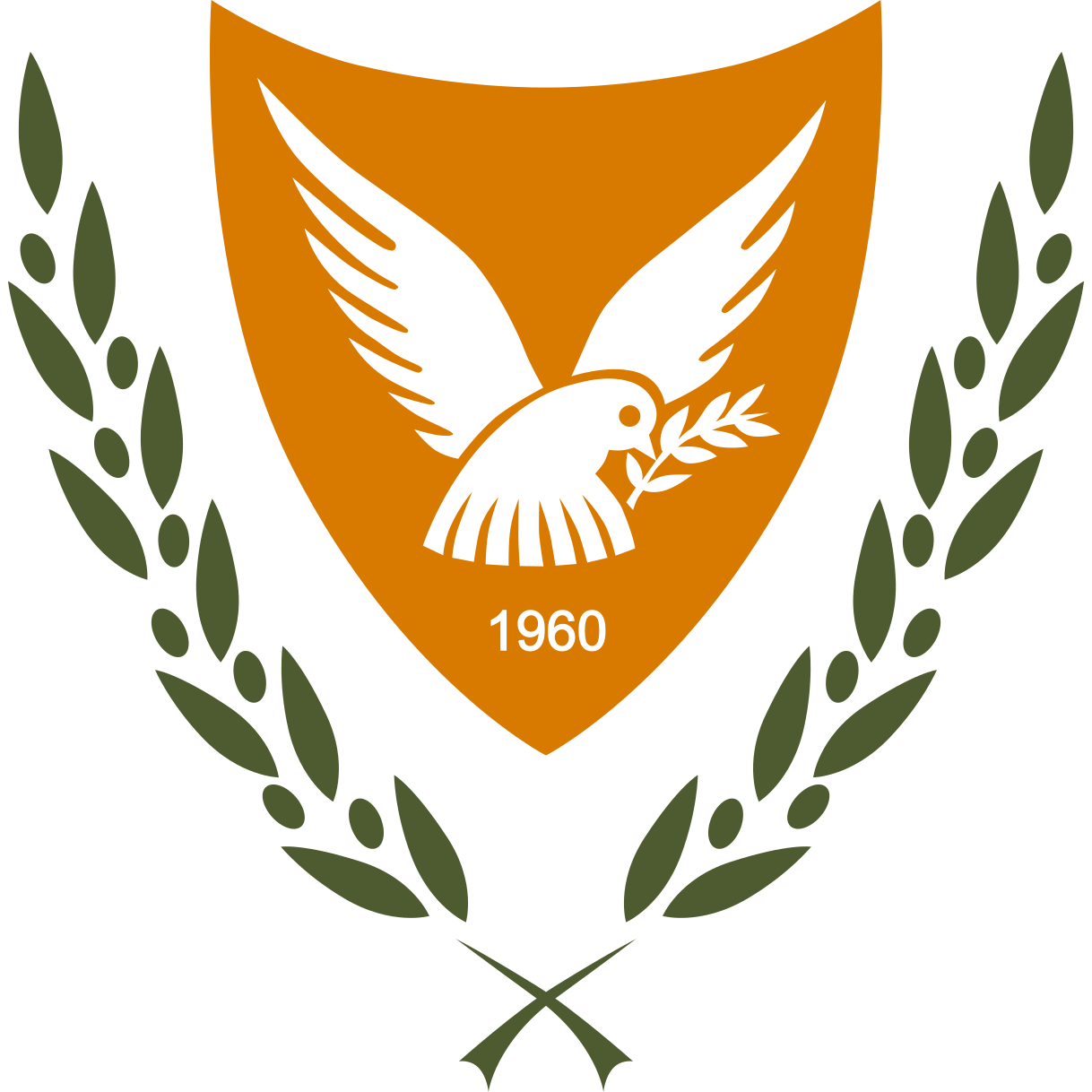

Plant Propagating Material – Production & Marketing
Production and Marketing of Plant Propagating Material
General Information
In order to produce, reproduce, preserve and/or treat, import or market plant propagating material in the Republic of Cyprus one needs to register at the suppliers’ registry and obtain a supplier’s license by the Propagating Material Production and Marketing Board.
The term “plant propagating material” covers whole plants or parts of plants as well as any plant material intended for propagation and production of plants and belongs to species or genera or groups of plants as defined in the relevant Regulations. Those Regulations refer to:
- fruit plant propagating material and fruit plants intended for fruit production: olive trees, citrus trees, stone fruit trees, pome fruit trees, hazelnut trees, strawberries, fig trees, other berries;
- vegetable propagating and planting material;
- propagating material of ornamental plants;
- vine propagating material.
Application Submission
Who is Eligible
Individuals or legal entities may register at the supplier’s registry and market plant propagating material, provided that they hold appropriate facilities depending on the type of propagating material traded; such as a net house for citrus and stone fruit trees.
Where to Apply
The application for registration in the supplier’s registry and issuing/renewal of suppliers license can be submitted either through the PSC Cyprus or you can contact directly:
Plant Health and Marketing Standards of Agricultural Products Sector
Ministry of Agriculture, Rural Development and Environment
1412 Nicosia
Tel.: +357 22408625,
Fax: +357 22408679
E-mail: inspection@da.moa.gov.cy
Website: http://www.moa.gov.cy/moa/da/da.nsf
Which Certificates must be Submitted
In the case that the supplier is a legal entity or uses a brand name, the application needs to be accompanied by the copy of certificate of Incorporation or certificate of Registration respectively, issued by the Department of Registrar of Companies and Official Receiver.
Fees Applicable & How to Pay
With the submission of the application the following fees are to be fully paid:
- €50 for the registration in the Official Registry of Suppliers of Fruit Plants and;
- €34,17 for the issuance or renewal of the Suppliers license of ornamental plants or vegetable planting material.
In addition a €10,00 annual fee shall be made payable to the Department of Agriculture or to the District Agriculture Offices (either by cash, cheque or bank transfer) to cover yearly administrative costs.
Decision Notification
The applicant is informed regarding the authorization decision within three months from the date that the application form and supporting documents were duly submitted.
Licence Validity Period
The licence is valid for 3 years from the date of issue; the license is renewed after submission of a new application.
Dispute with the Competent Authority's Decision
How to File an Administrative Action
Administrative Action Against a Competent Authority’s Decision
Any person may file an Administrative Action at the Administrative court against a decision, act or omission of any competent authority or body.
Pursuant to Article 146 of the Constitution, an Administrative Action may be lodged within 75 days from the date of the decision or act or omission or from the day when such decision or act or omission was notified to the applicant.
The Administrative Court acts as a cassation Court and not as a substantive Court. In other words, the Administrative Court may:
I. Dismiss the Administrative Action
II. Annul wholly or partially the contested decision or act
III. Compel the relevant authority or body to take a certain action
After a decision is annulled, the authority and/or public body must reverse things back to the state prior to when the concerned decision and/or act was executed and reexamine.
How to Appeal
Appeal Information
An Appeal may be filed against the Administrative Court’s first-instance decision within a period of 42 days from the date such decision was given.
At the Supreme Court (Court of Appeal Section) hearing, the contested issue of the appeal remains the legality of the decision or act already adjudicated for. However, such revision of the legality of the decision or act is solely examined on the matters and the extent that the two parties have limited the reasons in the relevant notice of appeal.
The decision adopted by the Supreme Court is considered final in relation to the matter that has been judged.
Legislation & Obligations
Which Laws and Regulations Apply
What are my Obligations
Registered suppliers of plant propagating material are required to:
- Keep relevant records of production and sale of plant propagating material;
- Maintain appropriate facilities and implement appropriate production methods;
- Inform the Plant Health and Quality Control Sector regarding harmful organisms.
Authorized Plant Propagating Material Inspectors of Plant Health and Quality Control Sector conduct regular inspections of the plant propagating material during any stage of production or trading. Such inspections include sampling for laboratory testing, visual inspection of mother stock plantations, inspection of the facilities and verification of methods followed, records kept etc. according to their obligations. Each registered supplier shall keep an updated registry with the transaction and the destination of each plant product sold.
Prior to the movement of the plant propagating material from the place of production, relevant inspection by Authorized Plant Propagating Material Inspector of Plant Health and Quality Control Sector, shall take place. Plant propagating material must be officially labelled or accompanied by the supplier’s document, depending on the species, category of the material.








